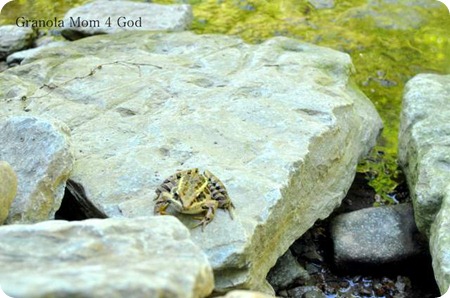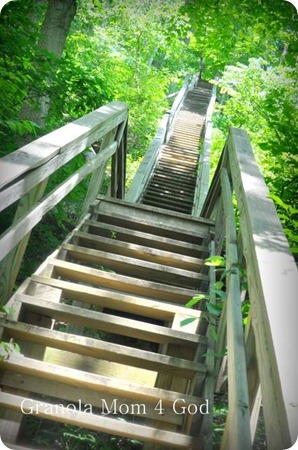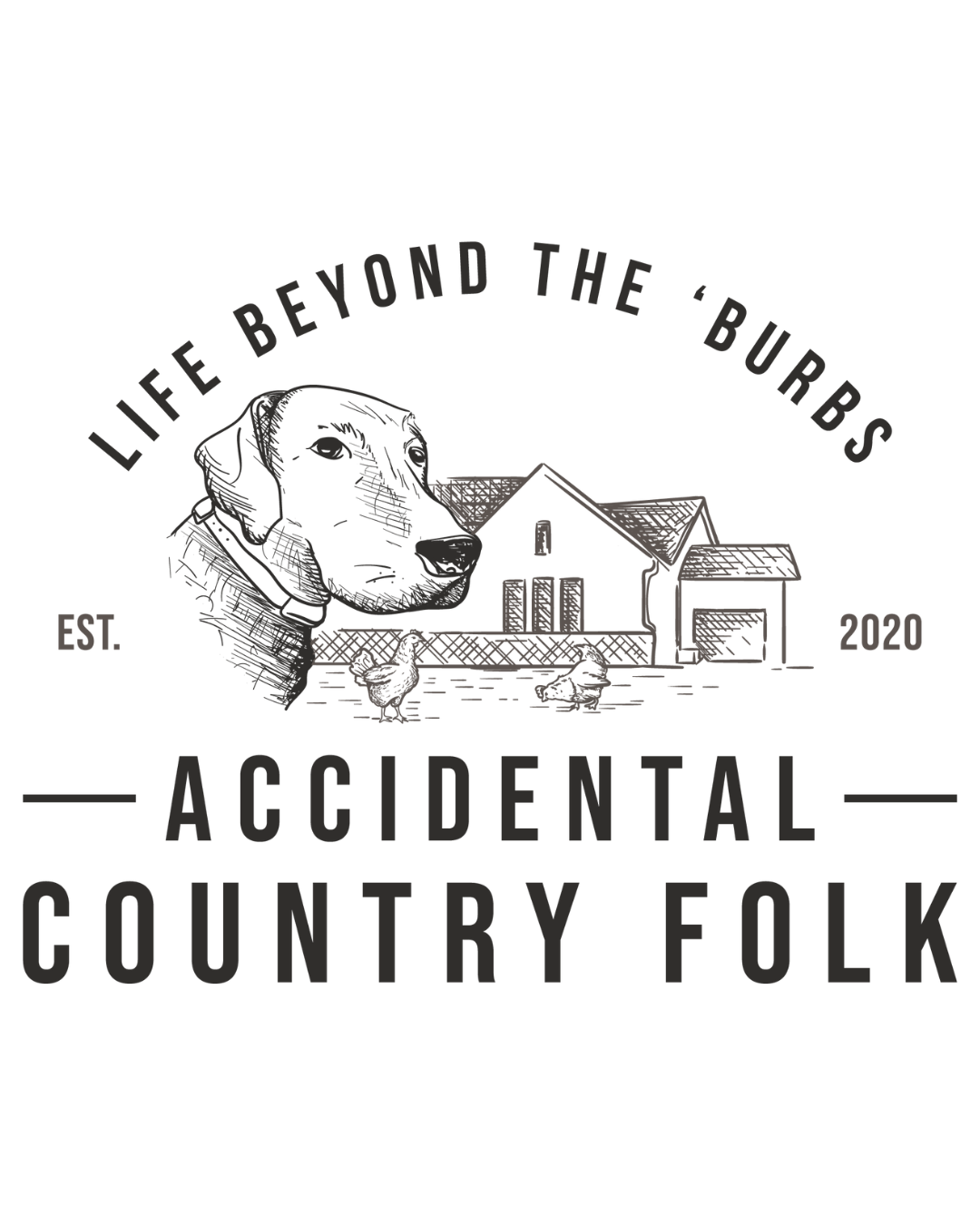The Core: Why We Need Classical Education
Is it a problem if most of my book is underlined? Does that mean I probably have an inability to discover key points?
Just kidding.
Kind of.
Admittedly, I do have a lot of highlighting in Chapter 2 of The Core, by Leigh A. Bortins. How can I not? All of the time I spent gaining a degree in secondary education never taught me what I am learning now about Classical Education.
Why We Need Classical Education
I want to grab America by the beaches and shake her, while eloquently unleashing my cleverly prepared mandate for a change in our current educational methods. Each year thousands upon thousands enter an educational system that is supposed to train them up to enter the work force.
But that should not be the goal . . . the outcome. The work force is too transient. And first graders like animals.

Little sponges walk into those tax-funded buildings and are underestimated. Bortins describes humans as “brain damaged.” (Bortins 43) To remediate this problem, the physical therapy our brains need is education. Contrary to what kids think, they actually do enjoy learning. Think about it . . . what child doesn’t enjoy a show about animals, or visiting the zoo, or traveling to a far away country through a book? We are wired to acquire facts.
However, if we are never trained to learn, or memorize, or utilize those facts – learning is drudgery. Uneventful. Unfulfilling. Too difficult to consider conquering.

Through memorization, recitation, and other brain training skills that I know nothing about (yet), we (humans) can retain and share large amounts of information. (Bortins 46) I’m excited to be a vault. I can’t wait to see what I have developed into after one year of Classical Conversations under my belt by next June.
And my children . . . I am tickled pink for them to gain pegs in their brain with which to hang history and events upon that will shed light onto their role in God’s Kingdom.
There is work. It doesn’t have to be easy.
Though our society works very hard at making tasks simpler, such as drive-thrus, iPhone apps, post-it-notes etc., that doesn’t mean EVERYTHING has to be quick. Or painless. Or effortless.
I have quit telling my children that learning is fun. Sometimes learning is hard and it hurts to use those cranium muscles. Yes, learning can be fun once we have accumulated enough “facts” that facilitate easier learning, but my role as an educator is NOT to daily prepare a carnival of learning to entertain my kiddos.

The Engineer never promised daily excitement or a frequent rip-roaring adventure because I married him. Yet, each day I show up. I do my work to help move our family onward in the calling the Lord has given us. I don’t shy away from my responsibilities, though I often wrestle with laziness. Just because the boys peed on the floor again or the dishwasher has to be unloaded for the third time that day doesn’t mean I have a license to quit. I preserver because the outcome is greater than the immediate discomfort.
I put in the work because the reward is worth it. I have LEARNED to enjoy serving my family.

So, my goal as an educator can be summed up with Leigh’s words, “Classical educators prefer to prepare children to work hard at learning until the skills become enjoyable.” (Bortins 49) We shall “work consistently over a long period of time until the difficult becomes effortless.” (Bortins 51) Because “an over-practiced skill eventually becomes a delightful art to be shared.” (Bortins 56)
The idea of my children sharing their learning . . . delighting in God’s creation – better than French Silk pie.
Let me close with this last quote from Leigh,
The classical model helps us to think globally and with foresight. Our generation can see farther around the globe than ever before. As a parent, I need to give my children an expansive vision of their opportunities. (Bortins 62)
Missed out on our previous discussion?
- Why We Need Classical Education
- Are Your Fingers Bleeding
- An Introduction for the Introduction
- Announcing The Core Book club
- What Does Your Core Look Like?

I couldn’t agree more. When I read the Core the first time I found myself nodding vigorously and rereading passages to my husband (I’m sure he loved it 🙂 ) out loud. It is amazing that we accept a system that is so demeaning to children as the status quo. We finished our first year of Classical Conversations in May and it was wonderful. My kids LOVE the history songs especially and still sing them all the time. If one of the years on the timeline come up in conversation, they burst into song because they realize they now have some information that is relevant to what the grown-ups are talking about. They feel empowered and excited about history. I will admit that some subjects were over their heads entirely and thus were more difficult to get them to memorize, but the flexing of those muscles was done and one day I have no doubt it will reap rewards for them. (My two are 4 and 6 by the way) I am empowered and overjoyed by Classical learning. I love learning it all again, properly this time. Maybe by the time I am done with my oldest’s high school education I will finally be properly taught 🙂 I am sure you have done a lot of research on this, but I also love Memoria Press and Veritas Press for supplementing different areas of study. Good luck this year and enjoy! It is not all fun, but it IS worth it!
That sounds like me. I ended up sitting outside, near where my husband was working last night. I had to shut the door so that I wouldn’t talk to him about what I was reading and learning!!!! So often I want to break open our CD’s but I am showing some restraint, so that when we ramp up our school day . . . we have new things to look forward to. Great to hear the ages of your children and how much they both learned and enjoyed CC!!!!
Even as an adult, I’m reminded of the truth of these statements. I’m learning to play the guitar this summer, and mastering the basics—chords, strumming patterns, picking—is hard work! On a very simple level, it takes time to develop calluses on my fingers so that they are tough enough to press the strings. Although from a medical perspective the metaphor doesn’t really work, 🙂 I like to imagine my brain gaining (good) calluses as I study a new subject over and over again. It makes the drudgery seem more rewarding, somehow.
That is a great analogy! Thanks for sharing Jen!
What a delight to see you with such vision in the start of your CC journey. I feel I slipped into CC without knowing what Classical Ed was, but I’m delighted to say that at the finish of our third year learning has become a delight, a habit, and a good practice for ALL of us, and yes, better than any chocolate. I hope you enjoy your year!!
Jodi — I’m so glad you stopped at my blog and pointed me to this series. I’m reading with eagerness this morning!! I have finished the CORE and I’m now “tweaking” what we are doing this school year. We are classical in so many ways, but I really need to step it up and make things more rigorous! Thanks for this series!
I’m excited to hear what you have to say! 🙂